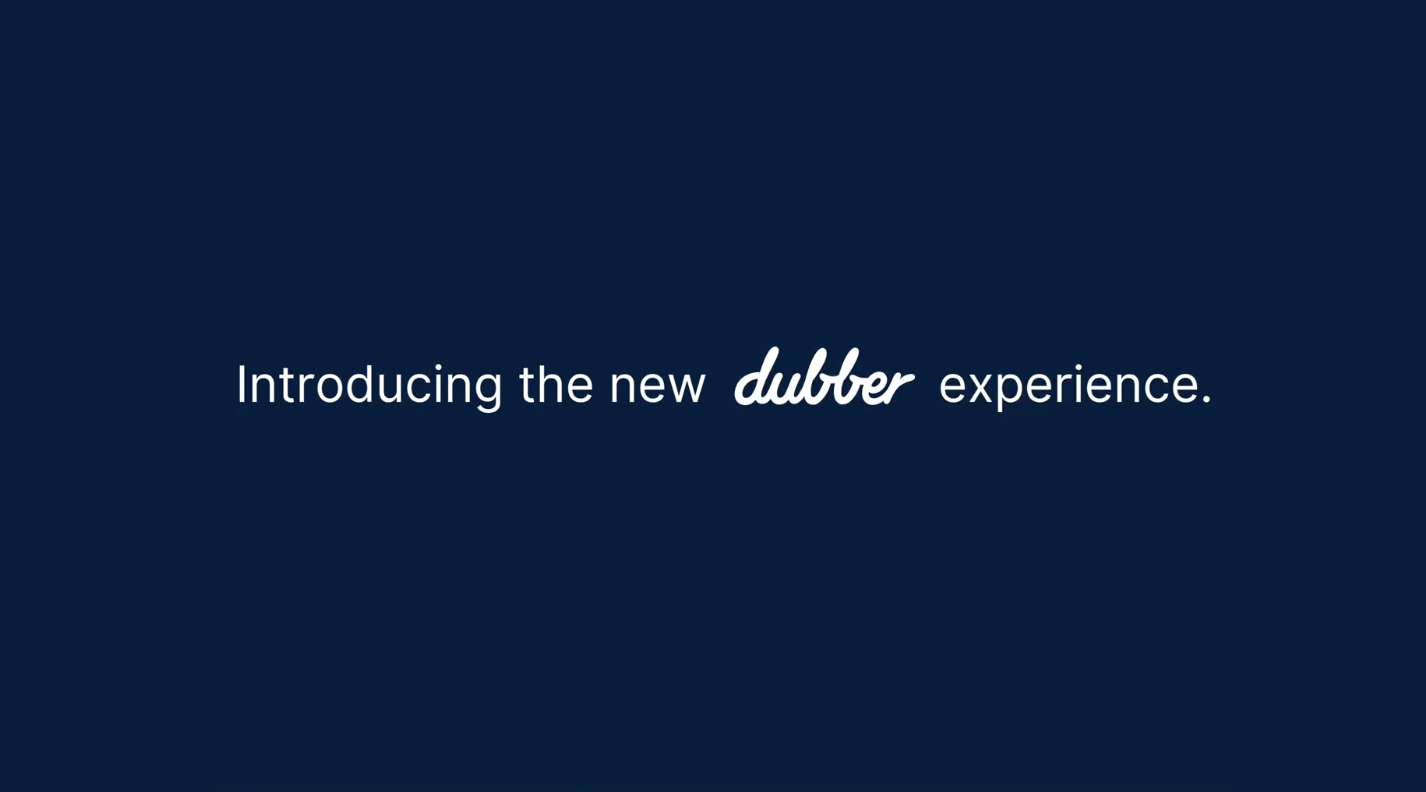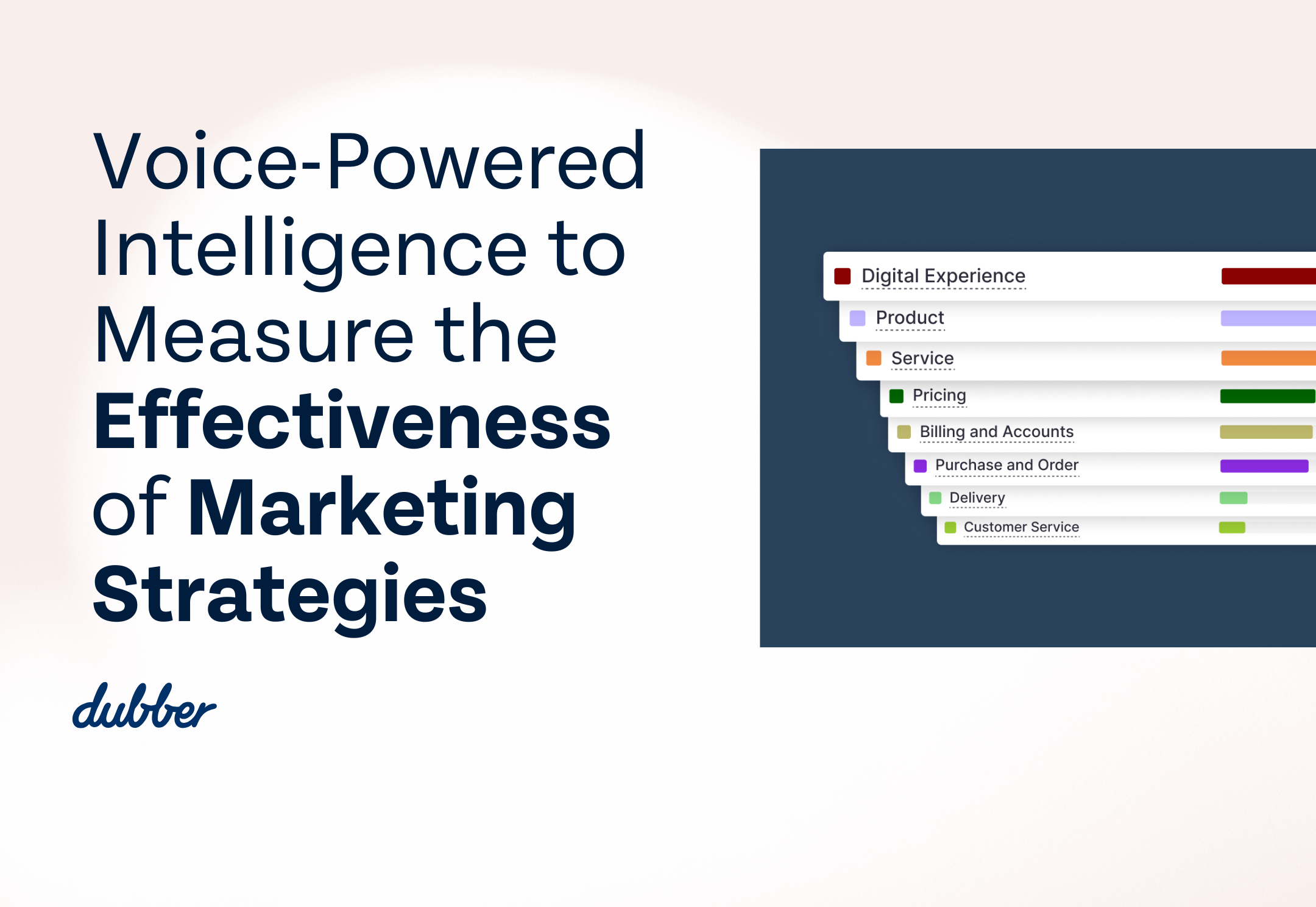

Reducing the cost and complexity of compliance with Legal Hold
If you’ve ever dealt with a legal hold request, you’ll know how difficult this mandated preservation of information can be to manage. But there is a solution that can reduce the cost and complexity of complying with a legal hold request.
What is a legal hold request?
A legal hold (or litigation hold) request is when legal counsel asks an organisation to preserve information that could be relevant to litigation, an audit, or investigation: including electronic records such as emails, instant messages, and voice recordings.
A company may have multiple active litigation cases – each with its own legal hold requirements. Legal holds cover anyone who might possess relevant information, called custodians. The list of custodians may change throughout the process so companies need an agile solution that can quickly and easily place new information under legal hold.
For companies with information in multiple locations such as employee devices, on-premise servers, and data centres: beware. This distribution of data could cause your risk and compliance teams a headache. Having one centralised location for records makes identifying information and placing it under legal hold much easier.
Dubber’s Legal Hold feature
Businesses can prepare for external events that might impact their business. These might include a simple late payment issue with a customer, litigation, regulatory audit, or even government investigation.
To rest assured that any voice recordings and their associated data can be held for investigation quickly, easily, and effectively, all CALL DUB and DUB AI licences now include our new Legal Hold functionality as standard. This vital compliance feature is included at no extra cost to provide reassurance that recordings can be preserved should the need arise.
How does it work?
Dubber’s Legal Hold functionality allows users to tag single or multiple recordings as held. Selecting multiple recordings at once assists organisations in complying with a legal hold request and preserving large quantities of information at short notice.
Once a recording is tagged as held it can be played, downloaded, and shared as with any other recording – but cannot be deleted under any circumstances. Held recordings are protected from erasure even when the retention period for the recording expires, if the user associated with the recording is deleted, or the overall storage period expires.
Dubber users can already store and manage all of their recorded voice data securely and efficiently in one single, consolidated archive within the cloud platform. With unified record keeping and automated retention periods, compliance procedures are streamlined and these now include legal hold requests.
Legal Hold allows users to target specific recordings for analysis without the need for technical assistance or expertise. Recordings can be tagged as held in bulk by filtering recordings by customer, keyword, or user. Only users with admin permissions can tag recordings as held, standard users are unable to use the feature or use filters to locate held recordings.

